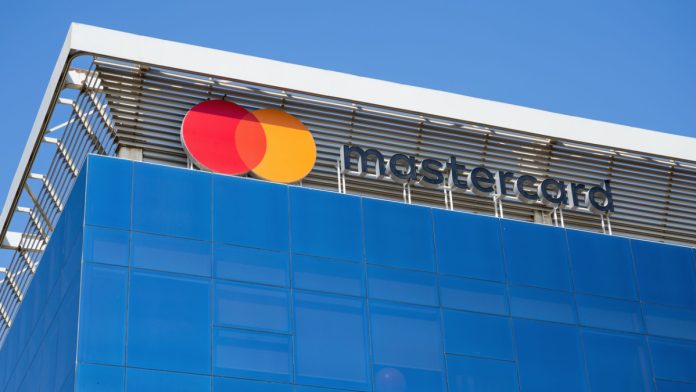Open Banking adoption across the payments and fintech fields continued this week with the launch of Mastercard’s Smart Subscriptions management solution.
The subscriptions management solution uses Open Banking to allow financial institutions to plug into consumer banking applications and deliver spend analysis, expenditure categorization and personalised offers.
Mastercard has utilised a pre-existing solution, Subscriptions Control, which was introduced last year, to further complement its new product. The addition of Subscriptions Control allows consumers to cancel, pause and resume subscriptions.
The US payments giant believes there is significant consumer demand for such a product, citing a survey it conducted which found that 73% of respondents said they would be interested in a tool to identify, track, cancel or renew subscriptions. Additionally, 60% of respondents said they would trust their bank to operate this tool.
“No matter how many services you pay for, managing those recurring subscriptions should be simple and seamless,” said Raj Seshadri, President of Data & Services at Mastercard.
“Smart Subscriptions acts on that insight, meeting the standards for effortless engagement that both banks and consumers demand. And when those standards are met, the true metric of success is loyalty.”
Central to Smart Subscription’s core offering of connecting multiple accounts in one hub is Mastercard’s aforementioned use of Open Banking, via its division in this area, Finicity.
Perhaps the most significant aspect of Mastercard’s new product is the use of Open Banking, the technology and practice which has been taking the fintech and payments world by storm as it has been developing over the past few years.
Various traditional payments and banking players such as Mastercard – which alone with rival Visa has become of the dominant figures in international payments and card issuing – have been further embracing Open Banking over the past year.
Other stakeholders including high-profile traditional banks like NatWest have also been making increased use of Open Banking, and senior figures at the LSE group have projected that the practice will continue to drive payments innovation in 2024.
NatWest’s own Open Banking operation primarily takes the form of the Payit by NatWest product, although it has become one of the many financial stakeholders to join the Crown Commercial Service’s (CCS) Dynamic Purchasing System (DPS) for Open Banking services.
Meanwhile, stepping up its own activities in Open Banking, Mastercard’s launch of the Finicity-backed Smart Subscriptions comes just a few weeks after it launched an Open Banking-backed account opening programme targeting US financial services.
For now, Smart Subscriptions is also being piloted in the US, where Open Banking development has so far not been at the same pace as its fintech and payments counterparts in the EU and the UK.




















